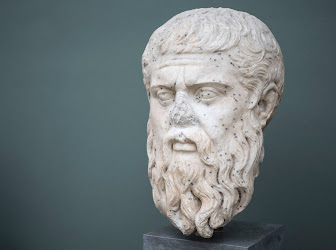The Pythagorean Theory of Music and ColorThe Ancient Greeks owe much of their knowledge of the philosophic and therapeutic properties of music to the Egyptians. Plato even suggested that songs and poetry had existed among the Ancient Egyptians for ten thousand years or more and because of their elevated nature only gods or godlike beings could have composed them. It was here also that the ‘lyre’ was born, constructed it is said by a ‘god’.
[the lyre] "…….was regarded as the secret symbol of the human constitution, the body of the instrument representing the physical form, the strings the nerves, and the musician the spirit. Playing upon the nerves, the spirit thus created the harmonies of normal functioning, which, however, became discords if the nature of man were defiled.”
The early Persians, Chinese, Hindus, Egyptians, Israelites, and Greeks used both vocal and instrumental music in religious ceremonies. It was nevertheless Pythagoras who showed the mathematical aspects of music and he is reputed for the discovery of the diatonic scale. The role harmony in music is an important feature of the Pythagorean philosophy of music
“To Pythagoras music was one of the dependencies of the divine science of mathematics, and its harmonies were inflexibly controlled by mathematical proportions.” ….. MORE

